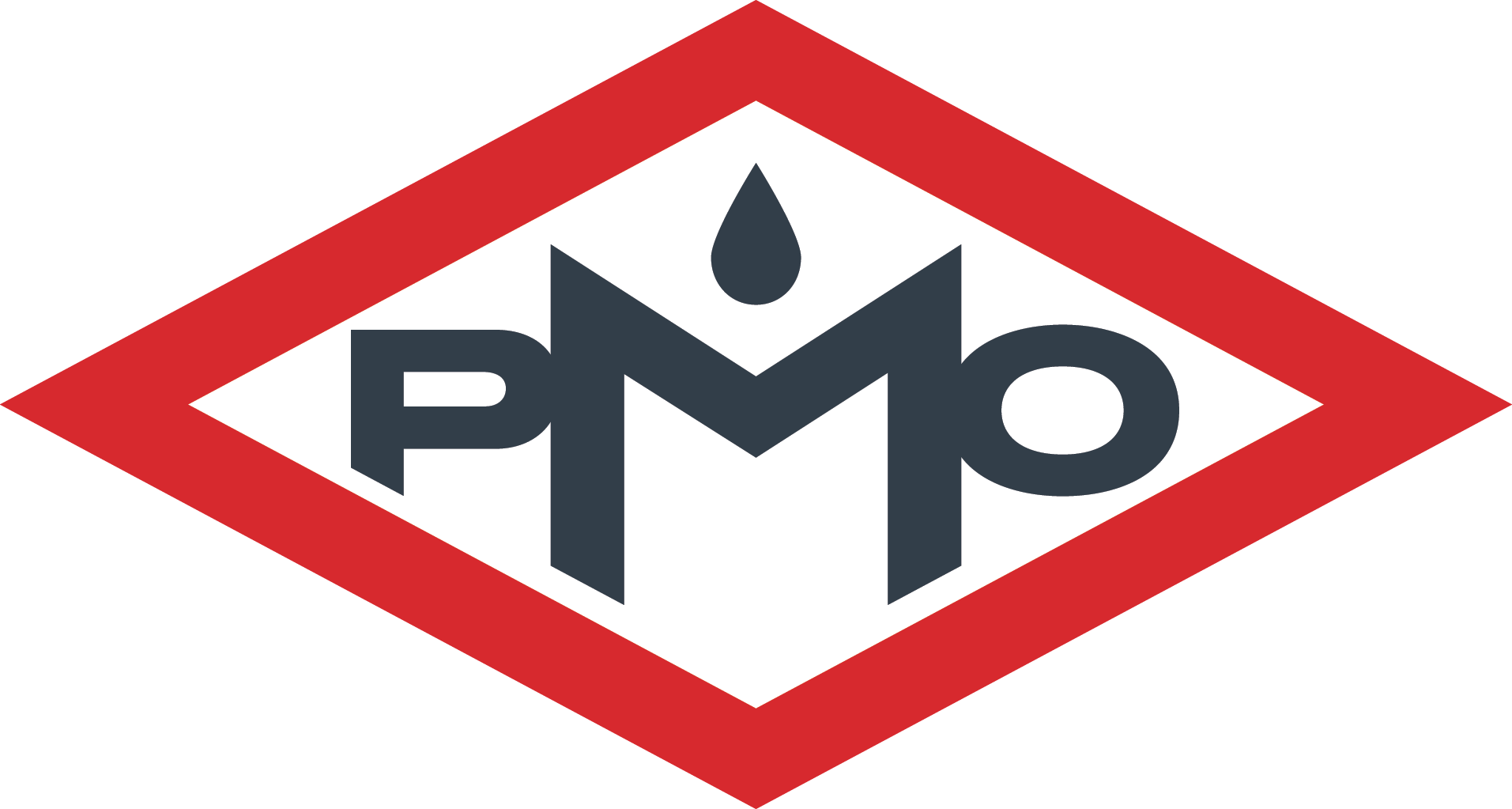3 FACTORS TO CONSIDER BEFORE UPGRADING TO A SYNTHETIC LUBRICANT

Lubricants are a staple of the modern industrial world, with applications ranging from vehicle engines to hydraulic machinery to manufacturing systems. Regardless of your particular application, a wide range of lubrication options exist today. This abundance allows you to ensure the best possible results - provided you choose the right lubricant, that is.
Lubricants today can be broken down into two main categories: petroleum-based and synthetic. Synthetic lubricants offer numerous advantages thanks to their sophisticated chemical design. Yet that doesn't mean that upgrading to a synthetic lubrication will always be the best choice. This article will investigate three key factors to consider before upgrading to a synthetic lubricant.
1. Cost
The manufacturing and refinement process for synthetic lubricants tends to be much more involved than that of conventional oils. As a result, most synthetic lubricants carry a higher price tag than their petroleumbased equivalents. Of course, that additional outlay tends to be outweighed by the longer life span offered by a synthetic lubricant.
All lubricants break down as time goes on, thanks to their near-constant exposure to oxidation and heat. Synthetic lubricants do a much better job of resisting this wear, largely due to their greater uniformity on a chemical level. Simply put, synthetic lubricants contain less of the byproducts that lead to breakdown.
Yet degradation isn't the only factor you should take into account when deciding on what type of lubricant to buy. Your particular application should weigh heavily in the decision-making process. Other factors such as additive depletion may affect lubricant replacement timing as well.
Likewise, certain applications see contaminants like water or particulate debris quickly building up in the lubricant. In such cases, you may find yourself needing to replace the lubricant with enough frequency that the additional cost of a synthetic oil simply cannot be justified.
2. Additive Solvency
Solvency, which expresses how easily other substances can become integrated into the lubricant, tends to be something of a double-edged sword. On the one hand, solvency can be quite problematic. For instance, the higher solvency of petroleum-based lubricants allows oxidation-prone substances to bond with the base oil.
As a result, these substances cause petroleum-based lubricants to degrade at a much quicker rate compared to synthetic lubricants. Yet solvency can also be a good thing since it makes it easier to include beneficial additives in a lubricant's formation. With synthetic lubricants, integrating beneficial additives can be much more of a challenge.
Fortunately, synthetic lubricants have grown increasingly sophisticated. Those that utilize esters as their base fluid tend to possess a much higher solvency rate, allowing them to more easily integrate potentially important additives. Manufacturers express solvency in terms of aniline point. The lower a base oil's aniline point, the more solvent it tends to be.
3. Water Compatibility
Traditional petroleum-based lubricants are highly hydrophobic substances - in other words, they will not mix easily with water. For a lubricant, this tends to be a desirable attribute since it makes water easier to isolate and remove from the system. Not all synthetic lubricants, however, display the same resistance to water.
A synthetic lubricant's base oil largely determines how reactive it will be in the presence of water. Synthetic lubricants built on an ester or a polyalkylene glycol base tend to react much more readily with water. Depending on the particular application, this can make them highly unsuitable because of the increased risk of corrosion if water gets into the system.
Lubricants play one of the most important roles in the continued functioning of your machinery. For more information about what type of lubricant will deliver the best results for your needs,
consult with the experts at Paul Murray Oil.
